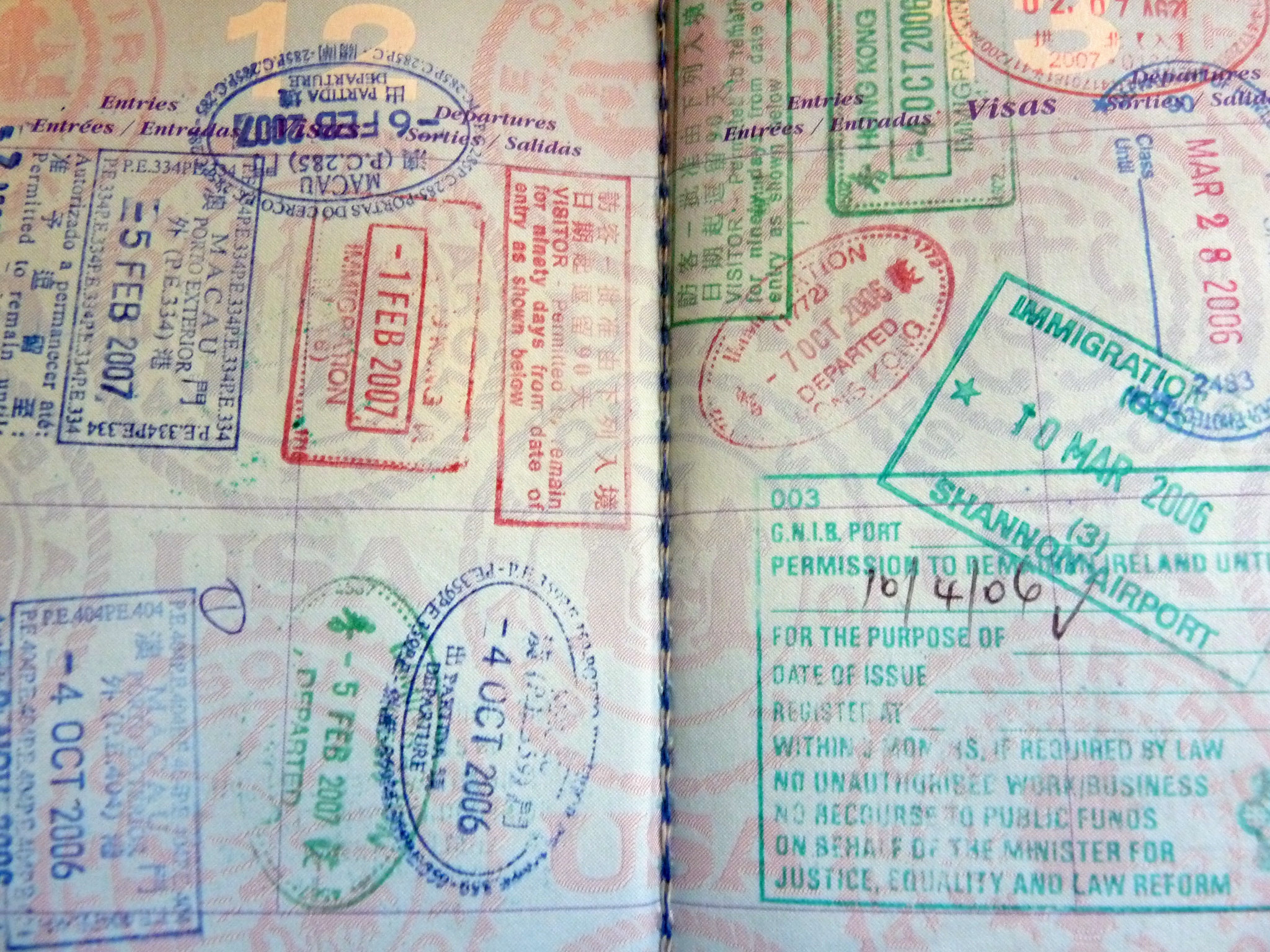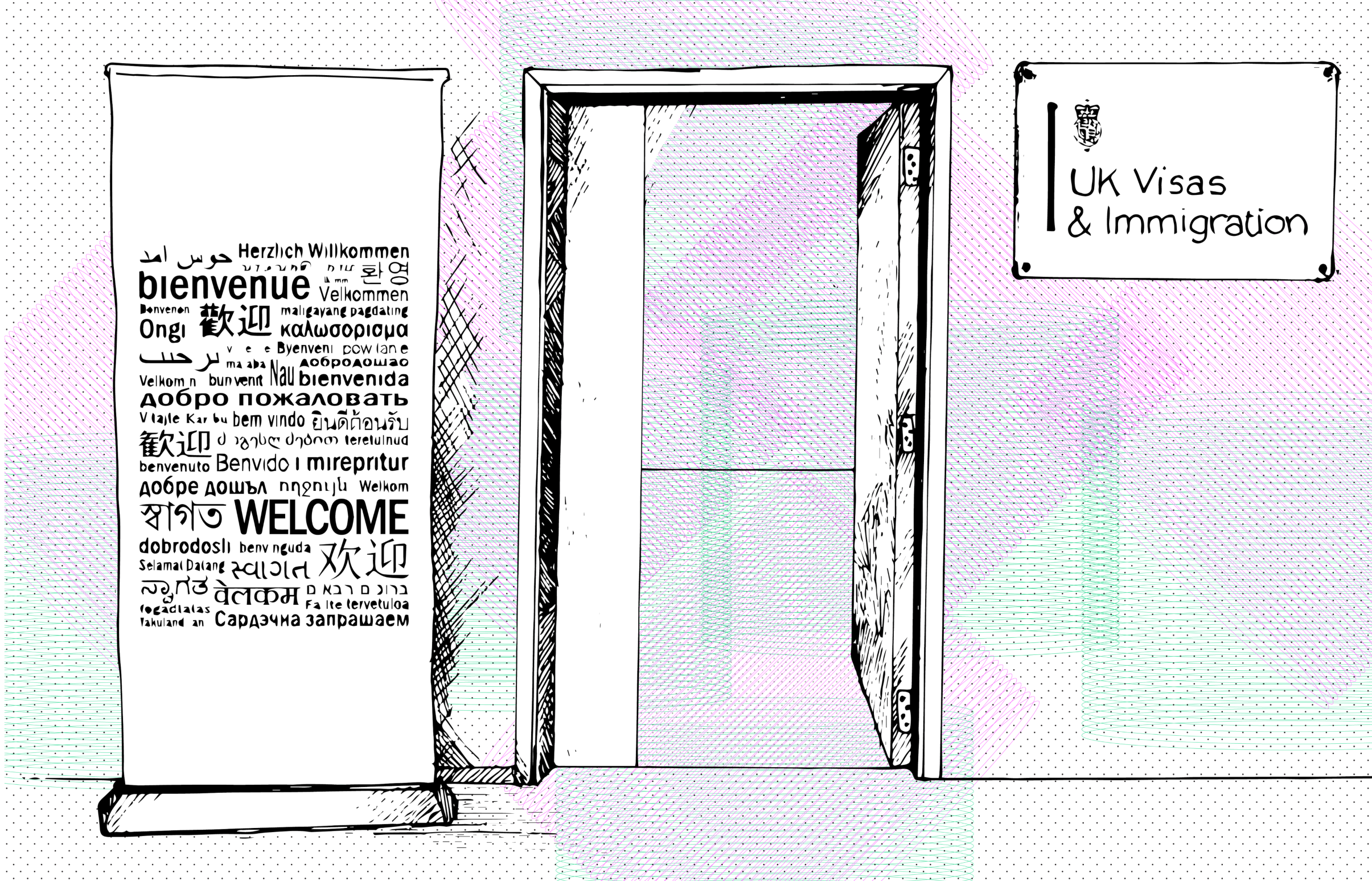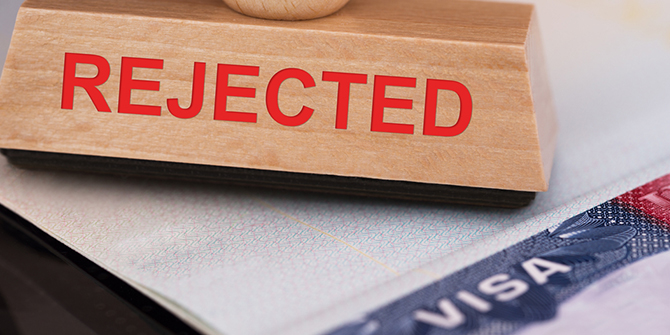Unequal visa regimes cost the world’s poorest over €100 million every year, write Marta Foresti, Otho Mantegazza, and Kenji Maghoma.
Migration is yet again at the centre of electoral politics in Europe and beyond. In the UK, Prime Minister Rishi Sunak invested a large amount of political capital in the possibility of at least one plane leaving for Rwanda to deport illegal immigrants before the elections in early July. His failure to deliver is now Nigel Farage’s best bet to win over a significant number of votes from the Conservatives. In France, Marie Le Pen is resurfacing the idea of “national preference” in jobs and housing, and the suspension of legal immigration from non-European countries. While in the US, Donald Trump talks about mass deportations and ending birthright citizenship for the children of ‘illegal’ immigrants. Despite these proposals being judged unjust, unrealistic and way too expensive, they continue to dominate the political debate.
Against this background, the recent ‘small’ increase in application fees for business and tourist visas to Europe hardly made the news. In June 2024, Schengen short-term visas increased from €80 to €90 for adults, and in October 2023 the UK fees went from £100 to £115.
These costs were high even before the increases, with disproportionate effects on applicants from low and middle-income countries, especially in Africa.
Europe and the UK
The visa application fees are non-refundable, no matter the outcome. Recently released data from 2023 show that rejection rates of short-term visitor visas to Europe (Fig 1) continue to be disproportionately high for low and middle-income countries – as in 2022, the poorer the country, the higher the rejection rates. African countries are disproportionately affected, with rejection rates as high as 40-50 per cent for countries like Ghana, Senegal and Nigeria.

Visas sanctions are also increasingly deployed as diplomatic weapons by EU member states when they judge that a country of origin has ‘low rates’ of migrants’ returns. Ethiopia and The Gambia have recently been subject to restrictions on visitor visa numbers for this exact reason.
In 2023, the cost of short-term visa rejections to the Schengen zone was £110M. This was £89M in 2022 and could potentially rise to £127m in 2024 because of the increase in fees. The cost paid by Africans for unattained visas in 2023 was £46M.
The picture is not much different in the UK. In 2023, the total cost of rejected visa applications was £44 million. Nigerians spent £5.8 million, Algerians £3.6 million and Ghanaians £1.8 million all with no return.

Reverse remittances
These rejected visa costs can be considered ‘reverse remittances’. Money is flowing from poor to rich countries. These costs rarely feature in debates over aid or trade where the emphasis is always on money heading in the other direction. As with many aspects of the traditional narratives on global relations, this has to change to represent the missed opportunities for low and middle-income countries that arise from limiting the movement of people across borders.
These ‘reverse remittances’ are just the tip of an iceberg of the costs incurred by those whose visas are denied. In most cases, applicants pay more than the basic application fee, with private agencies involved in processing visa applications and brokers providing additional services along the way. The costs of not being able to travel for business and leisure also result in significant losses for all those involved: from non-refundable flights to not being able to attend an academic conference, art fair, or concert you were booked for.
Research and data, however important, will never tell the full story, or be enough to deliver change. It is people and their lived experiences which will help make a difference. The sheer cost of visa inequality has been widely featured in the news in some of the most affected countries, such as Nigeria. But the outrage exceeds the costs. It is a story of discriminatory and often humiliating practices, where the sheer lack of reciprocity in the way humans are treated across borders is rightly seen as unjustifiable by all those affected.
Passport privilege must stop – yet this will take a long time. Fixing the deeply unequal and dysfunctional short-term visa system to allow people to travel for business and leisure is a good way to start.
To learn more about this research please visit the LAGO Collective website.
Photo credit: Reem Aljeally; Khartoum, Sudan ‘Politics of Land and Paper’, 2023. Courtesy of Moleskine Foundation Collection. Photo by author.






How can I get permission to publish this piece on my African news site?
Hello Addisu. Our blog operates under creative commons. You are free to republish the article on your news site, but please attribute us as the source of the original article. Many thanks.